Op-Ed: Valentine’s Day’s road to corruption
Walmart’s new “Break-up Bear” that’s been catering to Valentine’s haters and solo individuals.
In the world of enemies-to-lovers, love at first sight and anonymous gifts of a hundred roses, Valentine’s Day reigns as the supreme overlord. The annual holiday of February 14 is famed across the world as the national day of love and couples, finding its origins all the way back in Roman history, proving that love, in the grand scheme of things, is truly timeless. Characterized by the iconic themes of hearts and every pink possible, Valentine’s Day is dedicated to celebrating love between intimate companions. However, in this day and age, it has evolved into something more procedural and distorted.
While tradition dictates some form of gift giving, the regular practices of card, flower and gift exchanges have become drastically skewed away from their core purpose. Gone are the days when simple gestures like handwritten letters and homemade gifts were enough to express love on Valentine’s Day. Instead, we are bombarded with advertisements for diamond rings, chocolates and luxurious getaways, leading many to believe that these are the only ways to show our affection. This has taken away from the true essence of the holiday, which is about expressing love through actions and words, not material possessions.

Throughout this change, social media has been a major perpetuating factor on the drift to commercialization, as ideas like “princess treatment” have been pushed to the frontlines of what constitutes a healthy, functioning relationship. Expectations that in order to demonstrate genuine love, significant others, often the male half, are expected to present extravagance for women, such as dramatic rose petal baths and six-foot tall teddy bears, while flimsy cards are deemed “unromantic” and pathetic.
This focus on commercialization has resulted in a great deal of pressure on individuals to purchase gifts for their loved ones based on quantity and external perceptions, even if the gifts are unaffordable. This not only creates financial stress, but it also takes away from the true meaning of the holiday: the love and affection between two people, not the amount of money spent on gifts. At this point, Valentine’s Day is practically the sentimental holiday equivalent of Amazon Prime Day, where all traction and significance stems from massive corporations shoving products and services down our throats.

Furthermore, the commercialization of Valentine’s Day has also made it a source of exclusion for those who are single or don’t have a significant other. With the holiday circulating around anti-single culture, not having a valentine or partner is the lowest of lows. Anti-single culture refers to the societal norms and attitudes that stigmatize being single, particularly during holidays such as Valentine’s Day. It often creates a pressure for people to be in romantic relationships and can lead to feelings of inadequacy for those who are single, a breeding ground for insecurity and wallowing.
The focus on couples and romantic love during holidays like Valentine’s Day tends to reinforce this belief, except in an excessive, more toxic manner. Society often equates happiness with being in a relationship and having someone to celebrate Valentine’s Day with, leaving those who are single feeling left out and unimportant. This notion is particularly dangerous for young, impressionable crowds, like in an environment like school, where the who-likes-who can shape everything from your status to friendships.
However, the status quo is continuously adapting the meaning and purpose of holidays to become accustomed to changing social practices. In some ways, Valentine’s Day has turned into a day to embrace or improve people’s relationships with themselves. This change is more prominent on social media and stores, where tags such as “self-love,” defined as “the regard for one’s own well-being and happiness,” and “selfcare” have gained more traction.
Outside of spa days and coffee dates, there has also been a series of recurring themes such as anti-optimization, collective self-care, sexual self-care, and surrender and spirituality. Many shoppers also base such practices on the idea that they’re bound to be broken-hearted, alone or both on the fourteenth, so why not treat themselves?
On the other hand, there has also been growing support for an “anti-Valentine’s Day” movement, where retailers change their messages from romantic to humorous, with one card from The Guardian reading, “Happy unimaginative consumerist entirely arbitrary manipulative shallow interpretation of romance day.” While the products don’t change the nature of such a capitalist holiday, they provide some form of inclusion that consumers seem to enjoy.
A fan favorite from Happy Book Place, an online gift shop, presented a mug stating that “V is for vodka and video games.” Other stores such as Etsy feature phrases like “I don’t need a Valentine, I need a nap” or “Cupid rhymes with stupid.” While some anti-Valentine’s Day cards are meant to celebrate being single, a majority of them are aimed to satirize stereotypical declarations of love. Other big franchises like Walmart have also developed a trending “break-up bear” that holds up two halves of a heart and sings and dances to “Bye Bye Bye” by NSYNC.

On the other hand, an Ohio animal shelter, Animal Friends Humane Society, charged $5 to write an ex’s name in a litter box and let shelter cats handle the rest. The campaign itself earned more than $3,400, with some donating more for a single name. Facebook users seemed to like the idea, with the comments section filled with lines such as, “I feel like this is the sort of petty you need to highlight,” and, “Is it $5 PER ex’s name? Asking for a friend.”
As ShhhSilk puts it, “Being in a relationship shouldn’t be the only indicator of happiness or achieving love. Achieving self-love should be everyone’s goal and Valentine’s Day is our reminder to be kind to ourselves.”
At the end of the day, a holiday about love should emphasize the importance of all kinds of love without the expectations of lavish gifts and pre-planned dates. No individual should feel pressured to be in a relationship, as ultimately, a romantic relationship isn’t the only thing that can bring happiness. Valentine’s Day is just another day society has decided to make a hallmark of capitalism.
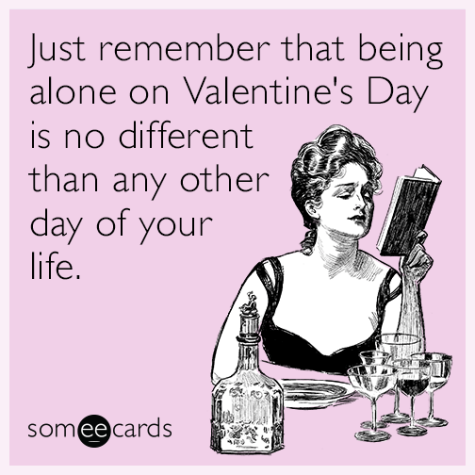
Your donation will support the student journalists of Carnegie Vanguard High School. Your contribution will allow us to cover our annual website hosting costs and fund field trips, competition fees, and equipment. We appreciate your support!

Cindy Cui is a senior at CVHS. In her free time, she enjoys cooking for her friends and family. On the weekends, she also enjoys playing tennis at night...

Cat is a sophomore on the Carnegie competitive dance team and enjoys reading, more specifically fantasy genres, and writing in their free time. They also...

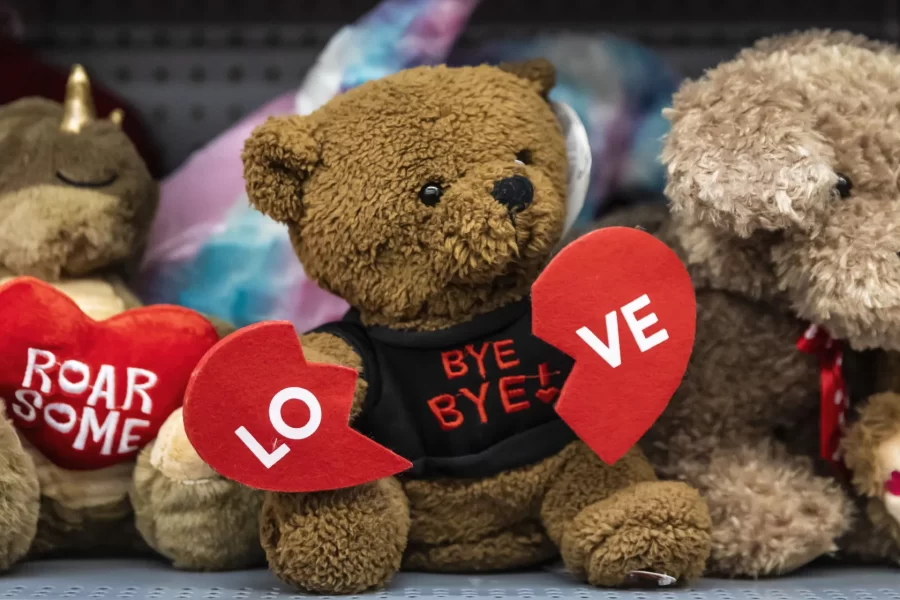
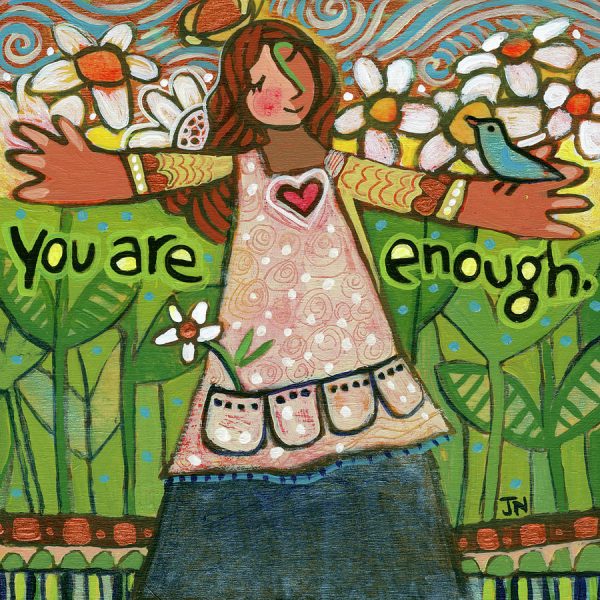
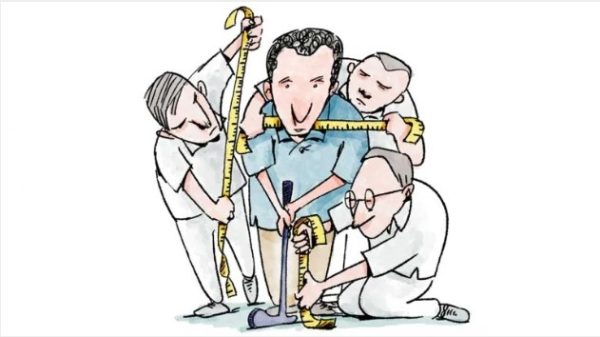

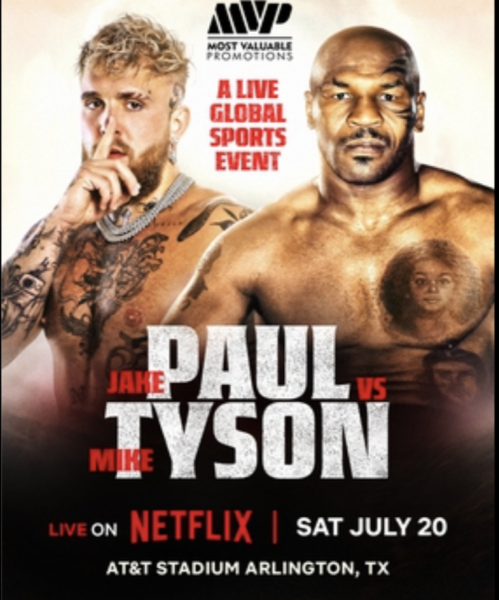
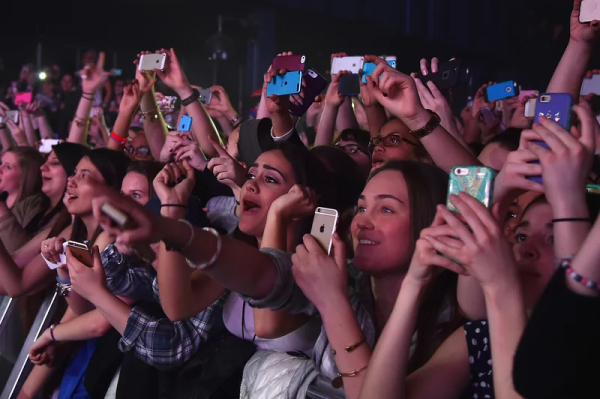

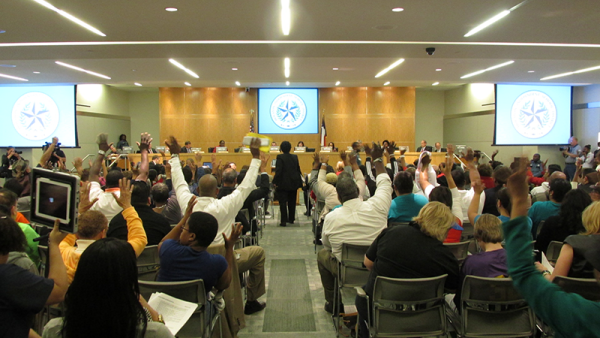
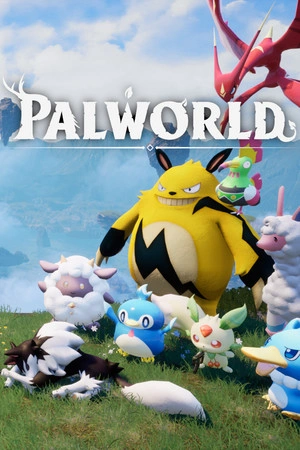

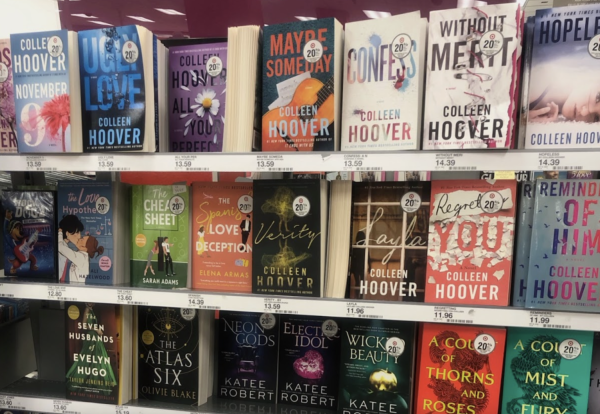
Rinn Wilson • Feb 17, 2023 at 8:01 pm
Lovely article, I think you talking about the different aspects of Valentine’s Day and including a focus on self love is an important messages that’s illustrated well in this article!